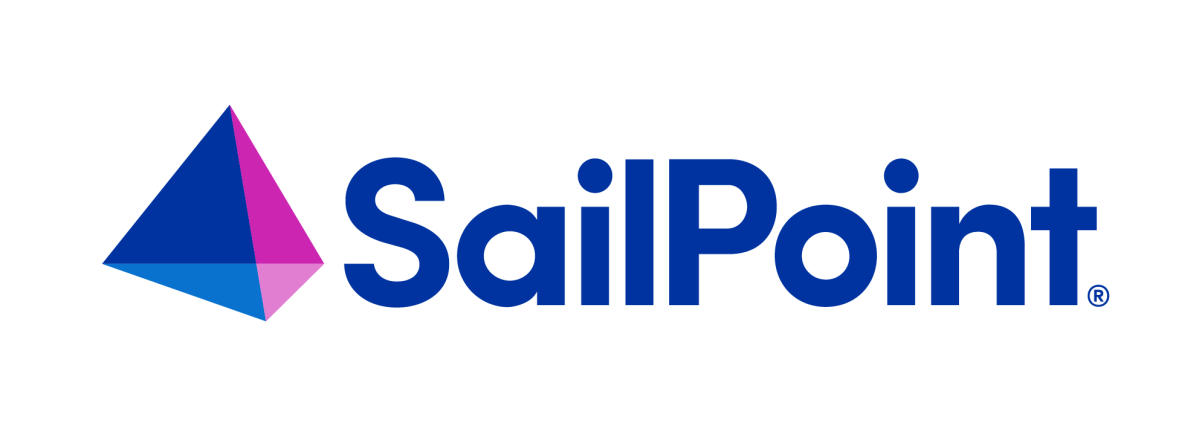SailPoint Extends Data Access Security and Non-Employee Risk Management Capabilities
SailPoint Technologies, Inc., a
leader in unified identity security for enterprises, unveiled a series of new
features and capabilities in its Data Access Security and Non-Employee Risk
Management offerings within SailPoint Identity Security Cloud. Updates to these
add-on capabilities offer customers increased visibility and security across
all varieties of identity types and their access to critical data, enabling a
strong enterprise-class identity security program.
Data Access Security
Designed as a cloud-native
solution on the Atlas platform, SailPoint Data Access Security provides
customers with holistic visibility of access to unstructured data such as text
files, presentations, IOT logs, PDFs, and more. SailPoint continues to expand
its Data Access Security capabilities with integrated data access
certification, activity monitoring, and sensitive and regulated data
classification. With new resources at their fingertips, customers gain improved
visibility and deeper context on critical data to help secure sensitive
information as a core component of their identity security program.
Updates include:
Data Access Certification: Organizations now have the ability to
review and certify access to sensitive, regulated, and critical data. These
expanded certification capabilities help organizations easily identify
over-provisioned access, meet complex compliance requirements and regulations,
and ensure that only authorized users can access critical data – all while
proactively managing secure access.
Activity Monitoring: New activity monitoring capabilities enable
organizations to track and analyze activities taking place on data assets in
real-time, giving security teams improved visibility along with the tools they
need to identify anomalous activity. Now, organizations can monitor activities
and better inform governance decisions to minimize risky access and
holistically reduce their attack surface.
Sensitive and Regulated Data Classification: Customers can now
leverage out-of-the-box data classification policies and predefined
classification rules within their environment to automatically classify and
catalog regulated and sensitive data. This includes personally identifiable
information (PII), payment card information (PCI), medical records regulated
under HIPAA, and information covered under data protection laws like GDPR.
Organizations can also catalog content based on internal identifiers and
dynamic policies to secure intellectual property, parented information, and
classified restricted content.































Leave A Comment